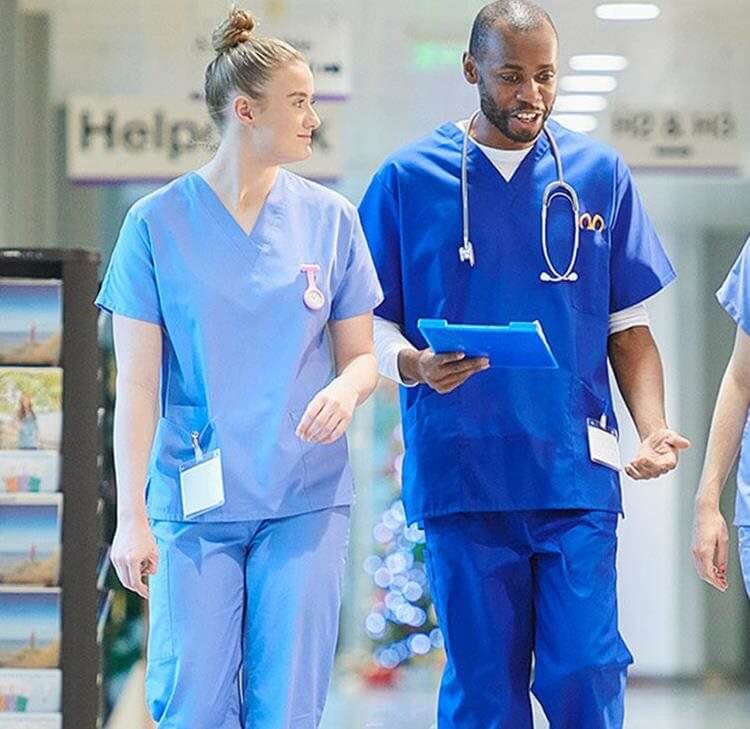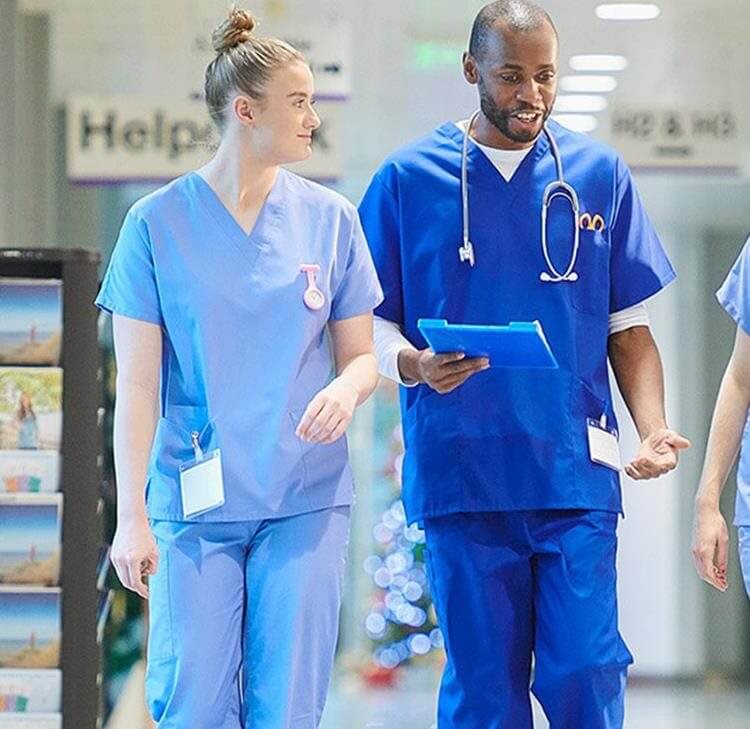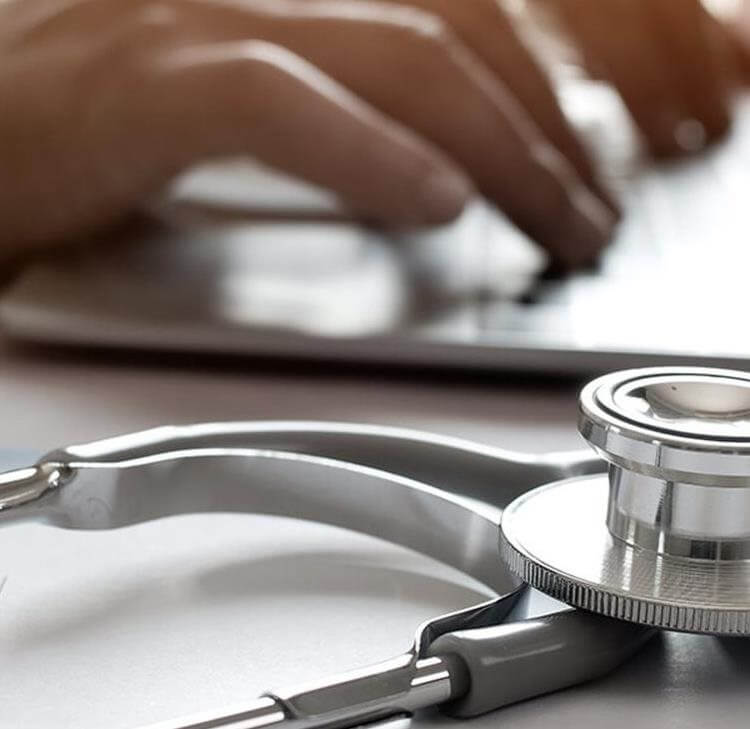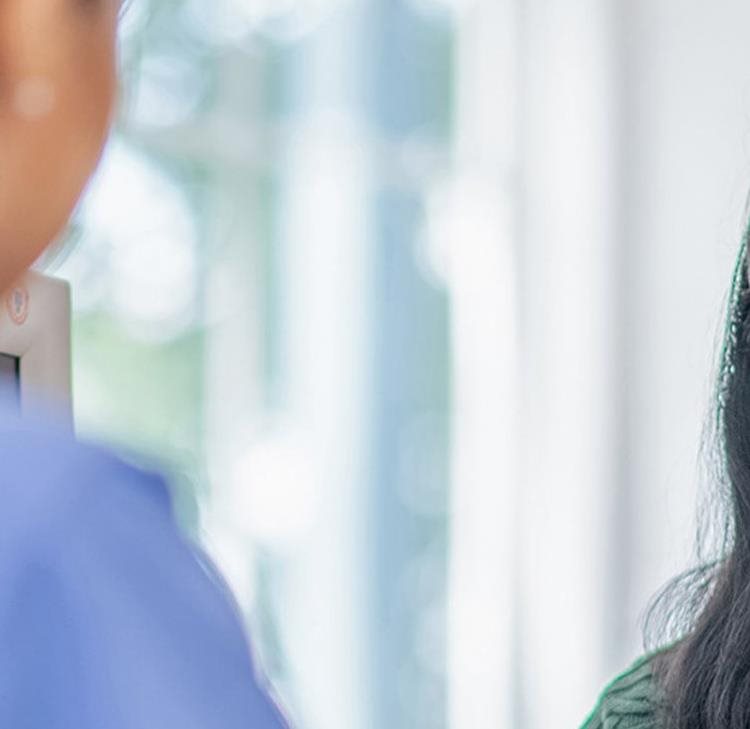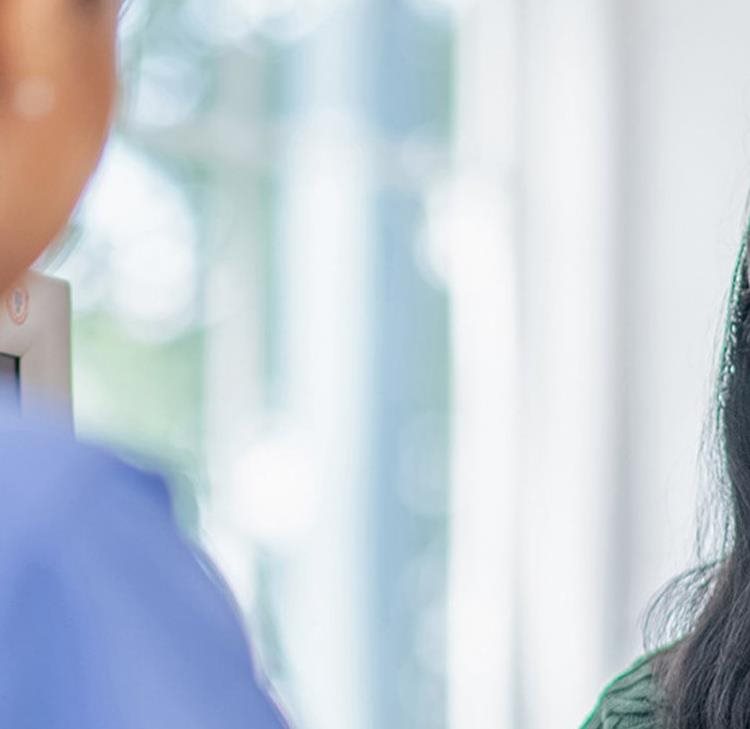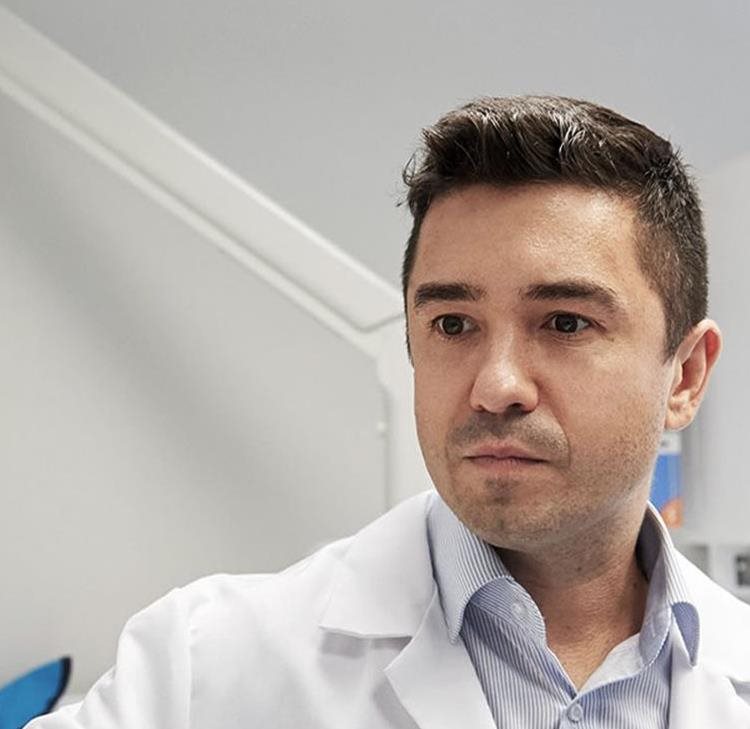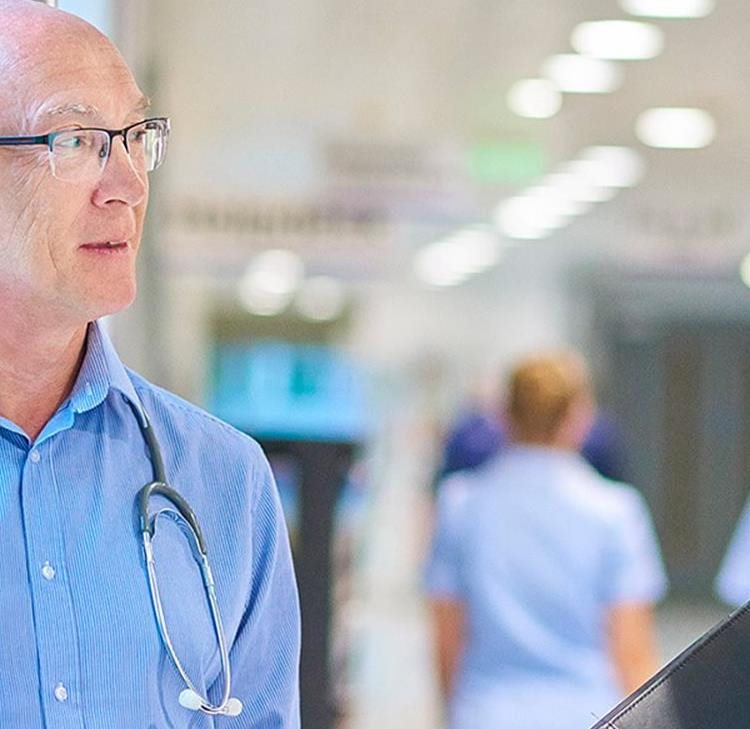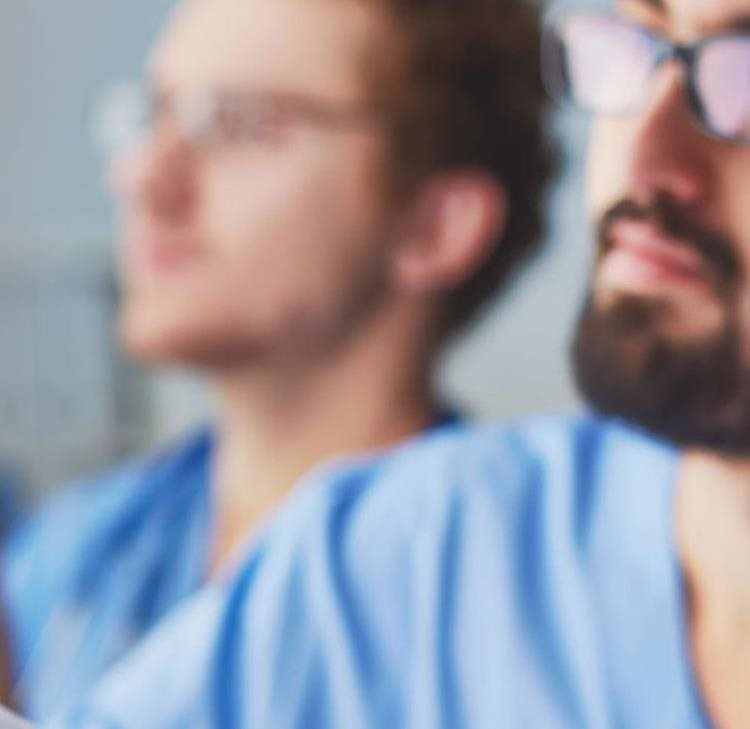The watching brief: the Medicines and Medical Devices Bill continues its passage through Parliament
As the UK Government continues to pass legislation in preparation for the end of the Brexit Transition Period, we take a look at what to expect from the Medicines and Medical Devices Bill 2019 -2021.
As the UK Government continues to pass legislation in preparation for the end of the Brexit Transition Period, we take a look at what to expect from the Medicines and Medical Devices Bill 2019 -2021.
The UK Government introduced the Medicines and Medical Devices Bill 2019 – 2021 (the “Bill”) on 13 February 2020 and following a turbulent second reading before the House of Lords on 2 September 2020, it is currently at the Committee Stage in the House of Lords at the time of writing this article.
Although the Bill passed swiftly through the House of Commons, the Lords look set to propose several amendments due to concerns over wide-reaching “delegated powers” given to the Secretary of State and failure to explicitly identify safety as the primary objective for future legislation. We also expect to see concessions made by ministers as the Bill continues its journey through Parliament and we do not expect to see this Bill become law until next year.
The Bill consists of a framework of powers to ensure that regulatory change can be made as and when necessary. It will allow the UK Government to amend legislation on human medicines, clinical trials of human medicines, veterinary medicines and medical devices by introducing secondary legislation, avoiding the UK defaulting at the end of the Brexit transition period to a lengthy process of bringing primary legislation before the House every time a revision is required. The Government say this will ensure that UK legislation is responsive to new advances in medical technology.
Further, despite the Bill being a framework, it is designed so that updates to current legislation must take into account safety, the availability of human medicines and medical devices and the “attractiveness” of the relevant part of the UK as a place in which to develop or supply human medicines and medical devices. The medical sector’s innovative response to Covid-19 has clearly inspired the Government and shown that the drive for innovation in this crisis has not come at the cost of public safety – in fact in many ways through more accurate testing and use of cost-effective medicines such as dexamethasone - innovation has led to better control of the virus and clinical outcomes for patients. The Government’s focus on “availability” and “attractiveness” in this Bill suggests that future updates to legislation will seek to make it easier to onboard innovative medicines and medical devices and make them available to UK patients and that the Government have an ambition that the UK should be the first place where new treatments are rolled out and where enrolment in clinical trials is supported.
It will also allow the healthcare sector to increase the range of professions to prescribe medicines in low-risk circumstances, which the Government say will ensure the NHS can make the best use of its workforce.
The Bill indicates that companies will need to register medical devices with the Medicines and Healthcare products Regulatory Agency, ensuring suppliers follow strict safety checks and enabling tough enforcement action if something goes wrong. This includes a clearer enforcement regime, the ability to step in and recall a device, a new bespoke criminal offence which clarifies which contraventions of the Medical Devices Regulations 2002 (MDR) could result in prosecution and it also introduces a new power to impose civil sanctions for breaches of the MDR.
The Secretary of State will also be given the power to disclose specific information about medical devices to members of the public and the healthcare system, subject to appropriate safeguards, when there are serious patient safety concerns.
Overall, the Bill is designed to provide the Government with maximum flexibility in future to amend legislation on human medicines, clinical trials of human medicines, veterinary medicines and medical devices and whilst the Government have said that their ambition is to be an innovative, responsive life sciences superpower, the Government have not taken the opportunity presented by this Bill to demonstrate exactly how they will achieve it. We expect further secondary legislation will follow hot on the heels of this Bill once it becomes law.
For more information, please contact Conor Wileman or Rachel Lyne.







